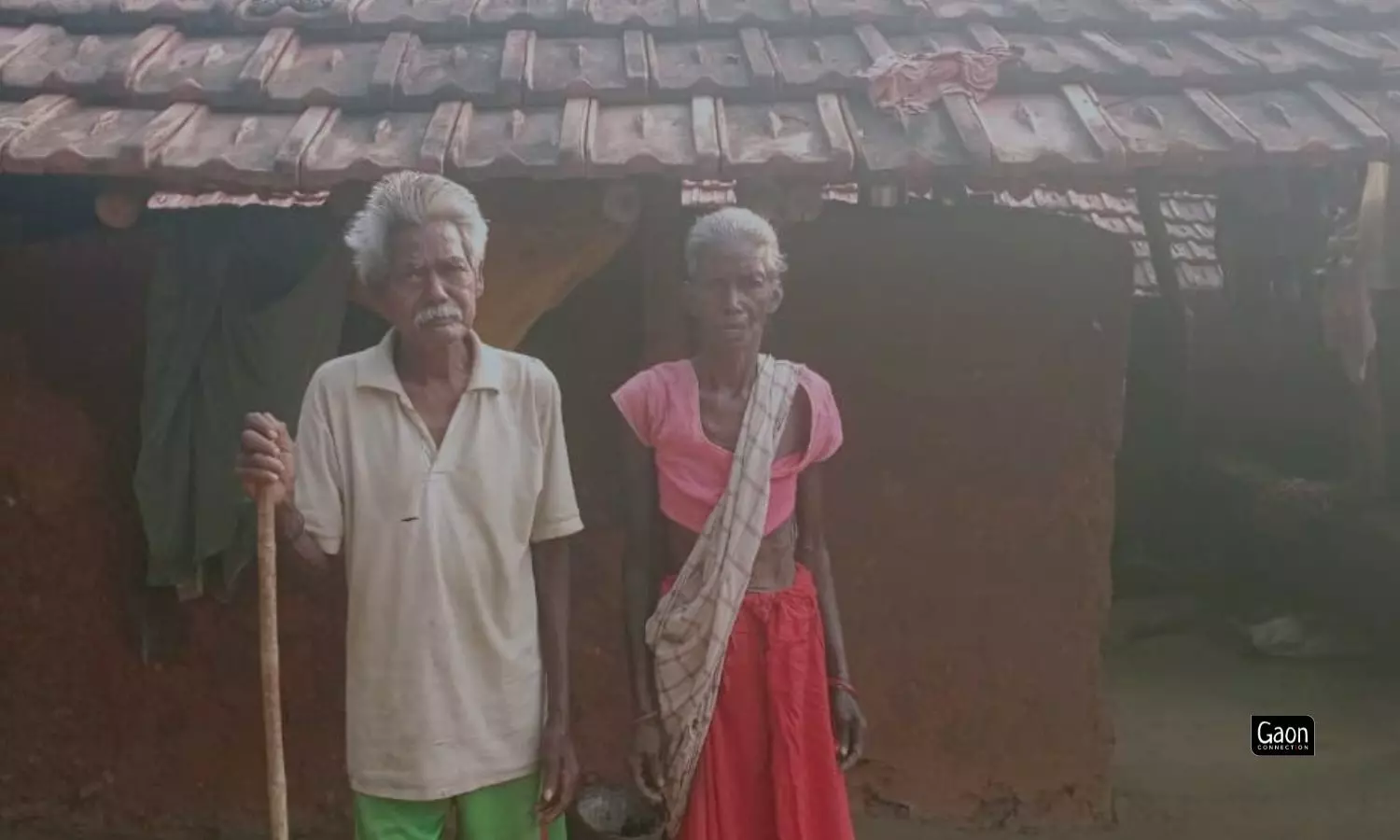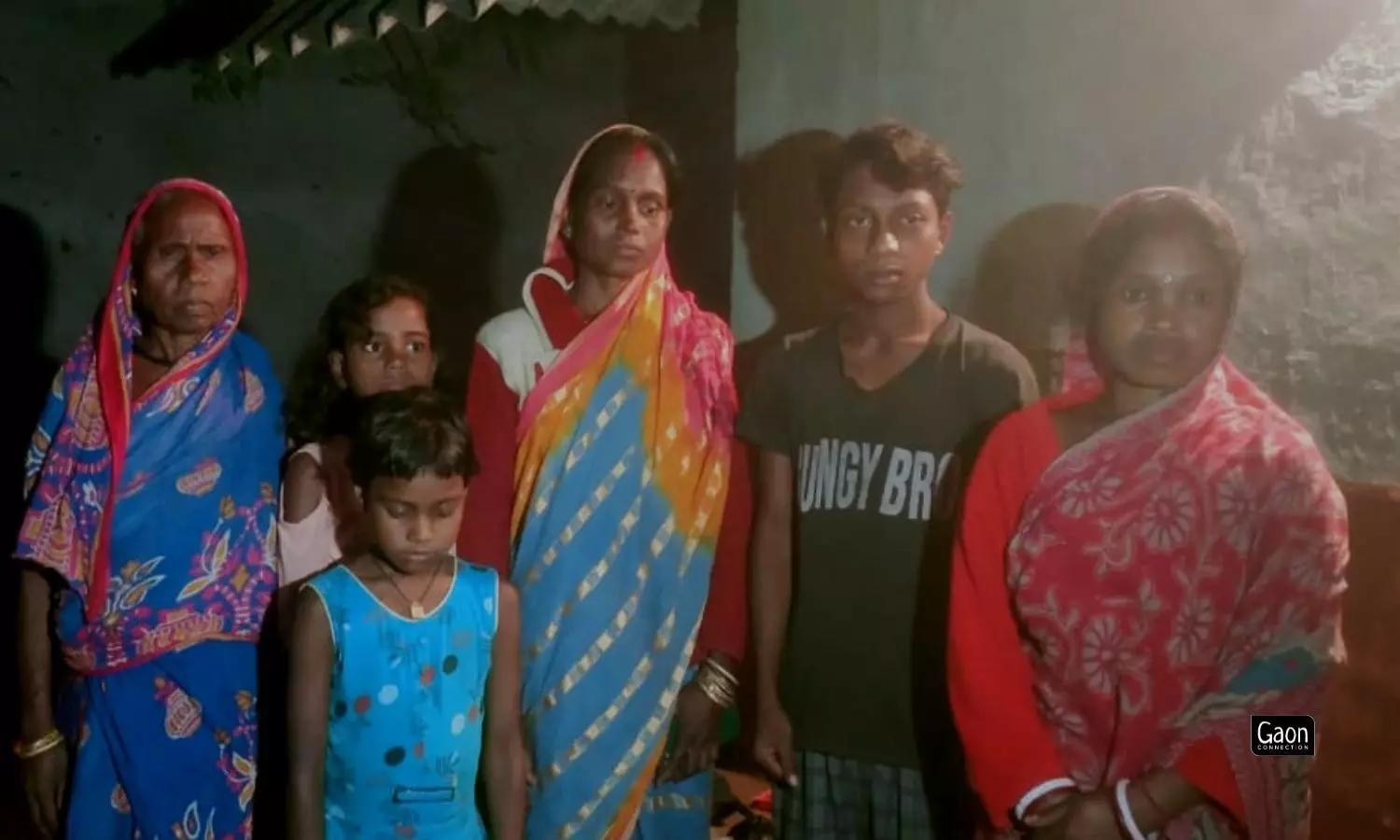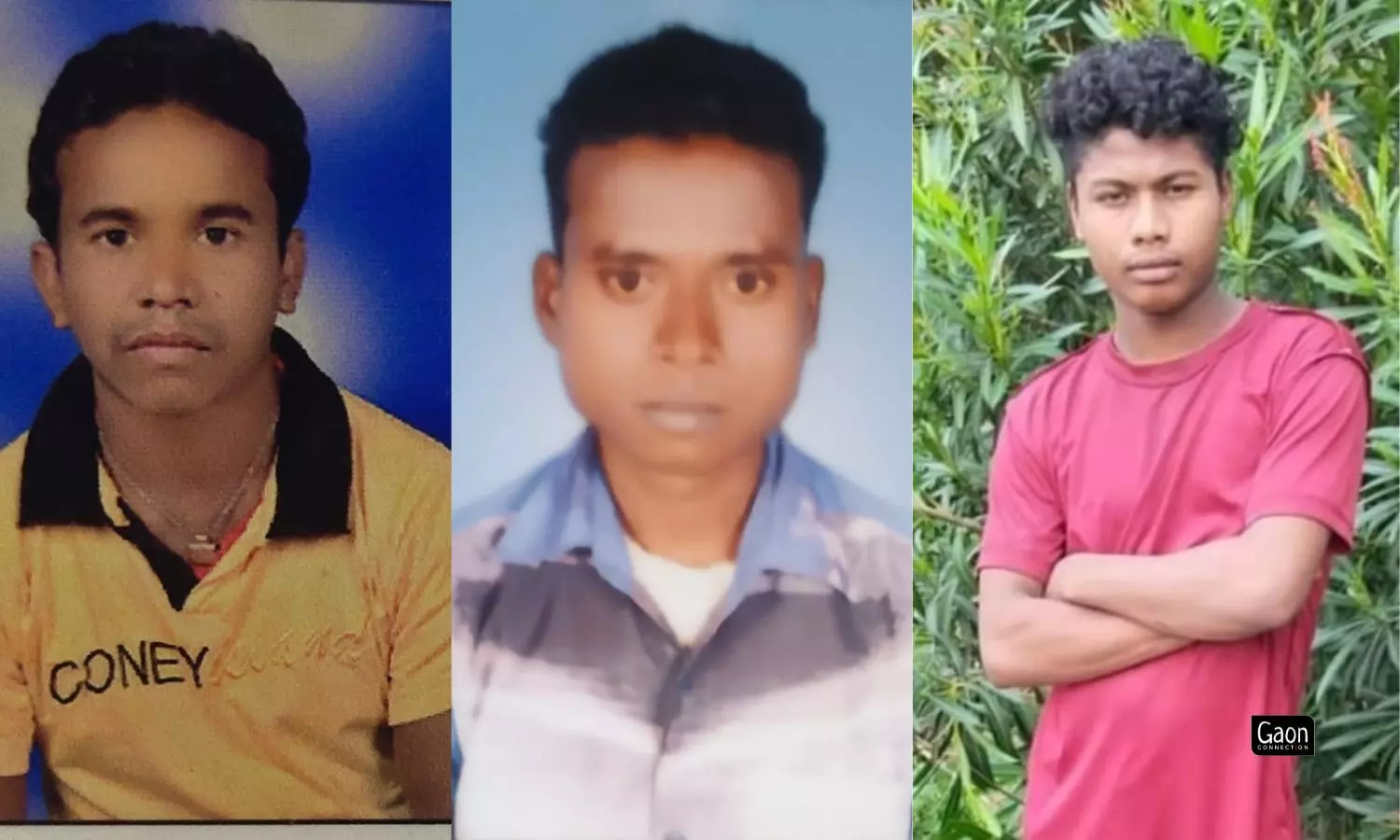It’s been more than 250 hours since 41 workers have been trapped in an under construction tunnel in Uttarakhand’s Uttarkashi district, which collapsed on the morning of Diwali on November 12.
Rescue operations are underway and as per the latest news reports, the rescue team has been able to drill 39 metres into the tunnel, and is in constant touch with the workers, who are being provided with the essential supplies such as food, water and medicines.
So far, no medical complications have been reported in the trapped workers and yesterday, an endoscopic camera was able to show visuals of the labourers deep inside the tunnel.
But to be trapped inside a tunnel, with no ray of sunlight, no sense of day or night, no proper food, and a fear of what lies ahead can be an extremely traumatic experience.
In order to understand the medical challenges and complexities for the trapped workers, Gaon Connection talked to medical experts, including psychologists, who unanimously agreed that the human will to survive can withstand such challenges but caution has to be maintained.

Also Read: Uttarakhand Tunnel Rescue: Who Are These Workers Trapped For a Week Now
Satish Gadi, a Gurugram-based physician, who has retired from the Indian Army and has served as the Chief Medical Director of the Indian Railways mentioned that if the basic nutritional requirements are being met, their chances of survival are ‘very high’.
“From what I have seen in the news, these workers are being provided with khichdi, medicines, multivitamins, water among other things. Medically, a person can survive with such support if the complications don’t arise but we don’t know if any worker has any comorbidity like high blood pressure or diabetes. Such conditions can complicate the rescue efforts,” Gadi told Gaon Connection.
“Also, since these workers belong to impoverished families and have struggled for basic amenities all their lives, there is no doubt that they have resilience to deal with such a situation,” said Gadi. “Had it been a city dweller who is brought up with utmost care and sophistication, it would have been a huge challenge for them physically and psychologically,” he added.
Mental Health Challenges
Amrita Saluja, a psychologist at Lucknow-based Shalby Hospital told Gaon Connection that the psychological condition of the trapped workers could be jittery.
“Human psychology is such that conscious thinking in a marooned situation can lead to two outcomes — excessive outbursts, or internal disputes coupled with fear and aggression. It is because such times are desperate, said Saluja. “But once they get assured they will be rescued, they are expected to stick together and be patient,” she added.
When asked about long-term implications of the traumatic experience of being trapped inside a collapsed tunnel for 11 days now, the psychologist stated that the trauma response and depression could be ‘prolonged but not life-long’.
Krishna Dutta, a Lucknow-based clinical psychologist, told Gaon Connection that it would have been far more traumatic and difficult had there been a single worker struggling alone.
“Human psychology is meant to function better in a group. The moment we associate our suffering and pain with that of another person or a group of persons, we get slightly detached from trauma and perceive the situation from a different perspective. Bonding in challenging times can be a huge strength,” said Dutta.
After The Rescue
Gadi, the senior physician said that following the rescue of these workers, which is likely to take a couple of days, it should be ensured that they are repatriated with their families at the earliest.
“Once the medical examination of these workers is thoroughly done and they are deemed fit to carry on with their lives, they will desperately need to be united with their loved ones,” he said.
“No amount of therapy or counselling can soothe them as much as the need to be with their families. Also, to my mind their families are undergoing a greater trauma by being in the blind about the condition of their breadwinners,” he added.

Gaon Connection got in touch with the families of some of the trapped workers who hail from the villages of Jharkhand. These young men, mostly in their 20s, come from extremely poor families and have to migrate in search of work to feed their family members.
Status of Rescue Operations
Meanwhile, the Union government issued an advisory to private television channels yesterday, November 21, asking them to refrain from sensationalising the coverage of the rescue operations.
“Telecast of video footage and other pictures relating to the operations by the TV channels specially by placing cameras and other equipment in close proximity of the rescue operations site have the potential to adversely affect the ongoing operations,” the advisory was quoted.
After two drilling machines including one American Augurs failed in digging through the debris horizontally, the rescue operations are now focused on carefully drilling vertically from above the tunnel.
It is reported that two horizontal shafts are being dug at the entrance and an alternative rescue route by digging vertically from above the tunnel is being undertaken.
Bhaskar Khulbe, Officer on Special Duty (Tourism) told the press today, on November 22, that the officials are now expecting to get a breakthrough by late night or tomorrow early morning.

Migrant workers stuck in the tunnel.
(R) Ravindra Nayek, (M) Gunodhar Nayek, (L) Ranjit Nayek.
Also, Syed Ata Hasnain, a member of the National Disaster Management Authority, was quoted that there was sufficient water and oxygen inside the tunnel and ample space was available for the workers to move around — an information that came as a relief for the anxious family members, some of whom are waiting outside the tunnel.
The primary purpose of this under construction tunnel is to connect Yamunotri and Gangotri valley in Uttarakhand to facilitate travelling during pilgrim season. Once built, the tunnel passing beneath the Radi pass is to reduce the 25.6 kilometres long road journey to 4.5 kilometres through the tunnel.
The location of the trapped workers is at a distance of about 200 metres from the mouth of the tunnel. The plan to rescue the workers from the tunnel involves drilling a small but stable horizontal passage inside the tunnel to facilitate their safe exit.
A landslide on the early morning of November 12 had caused a section of tunnel to collapse and the debris blocked the entrance of the tunnel leading to the workers getting trapped inside. The tunnel was being constructed as part of the Char Dham project.
With inputs from Pratyaksh Srivastava and Laraib Fatima Warsi in Lucknow, UP.


















